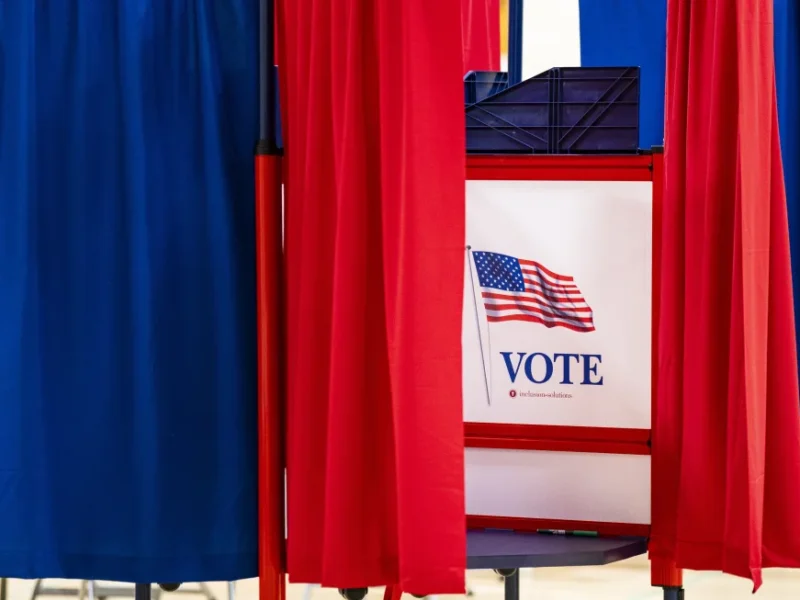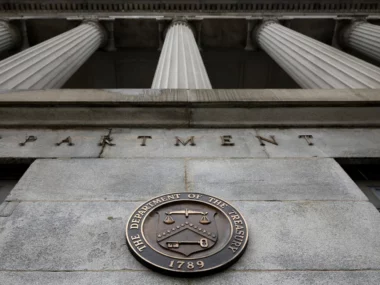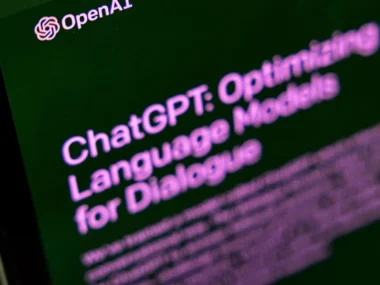Amidst the upcoming global elections with over half of the world’s population expected to participate, concerns are rising among tech leaders, lawmakers, and civil society groups regarding the potential disruptive influence of artificial intelligence (AI) on voters. In response, a coalition of prominent technology companies has announced plans to confront this challenge.
Over a dozen tech firms, including OpenAI, Google, Meta, Microsoft, TikTok, and Adobe, have pledged to collaborate in identifying and countering harmful AI-generated content during elections, including deepfake videos featuring political figures. This initiative, dubbed the “Tech Accord to Combat Deceptive Use of AI in 2024 Elections,” entails commitments to jointly develop technologies for detecting misleading AI content and to maintain transparency regarding their efforts in this regard.
Microsoft President Brad Smith emphasized the need to prevent AI from exacerbating election deception while acknowledging the tech industry’s historical shortcomings in self-regulation. This agreement arrives as regulatory frameworks struggle to keep pace with the rapid advancement of AI technologies.
The emergence of sophisticated AI tools capable of generating convincing text, images, and increasingly, video and audio, has raised concerns about their potential misuse for disseminating false information to manipulate voters. OpenAI recently unveiled a remarkably realistic AI text-to-video generator named Sora, further heightening these concerns.
While some companies had already collaborated on establishing industry standards for adding metadata to AI-generated images, Friday’s accord expands on these efforts. Signatories commit to exploring methods such as embedding machine-readable signals into AI-generated content to trace their origins and assessing the risks associated with their AI models producing deceptive election-related content.
Moreover, the companies intend to launch educational campaigns to empower the public in recognizing and safeguarding against manipulation or deception through such content. Nevertheless, certain civil society groups remain skeptical, arguing that voluntary pledges fall short of addressing the profound challenges AI poses to democracy. They advocate for robust content moderation involving human review, labeling, and enforcement to mitigate the genuine harms posed by AI, especially in the context of elections.











